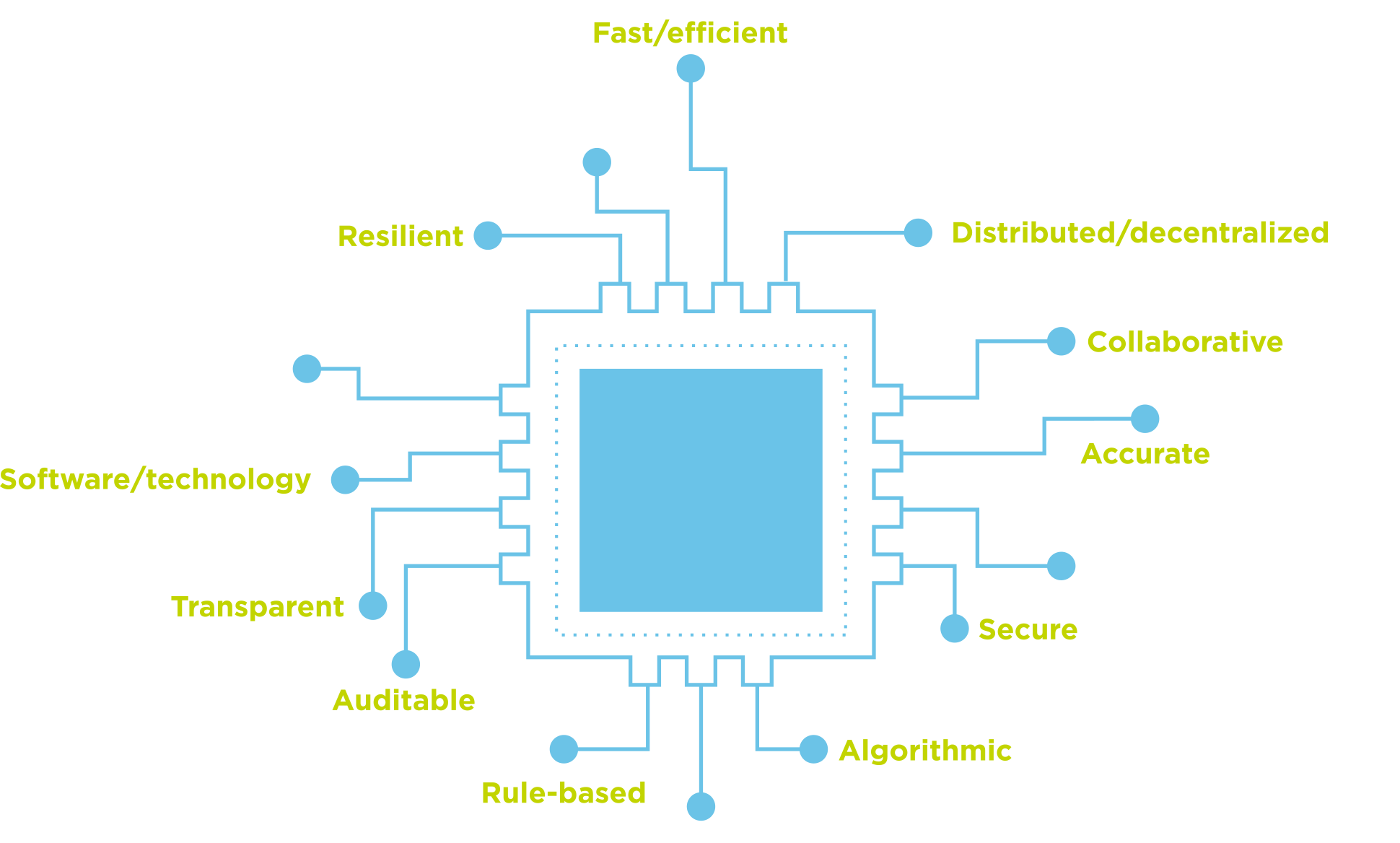How Blockchain Can Reset Expectations
Cryptocurrencies like Bitcoin have brought blockchain into mainstream conversation, but this digital technology has applications that stretch far beyond that. Also known as distributed ledger technology, it uses complex algorithmic computations performed across a decentralized network to provide fast, secure transactions that are transparent and unalterable.
Only a decade old and still finding new use cases, blockchain has the potential to disrupt and transform a wide range of commercial and industrial fields. The opportunities extend far beyond its original 2008 development in Bitcoin and banking applications.







.png)